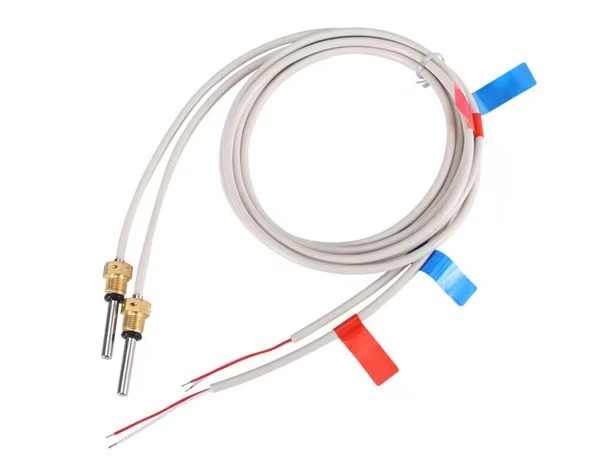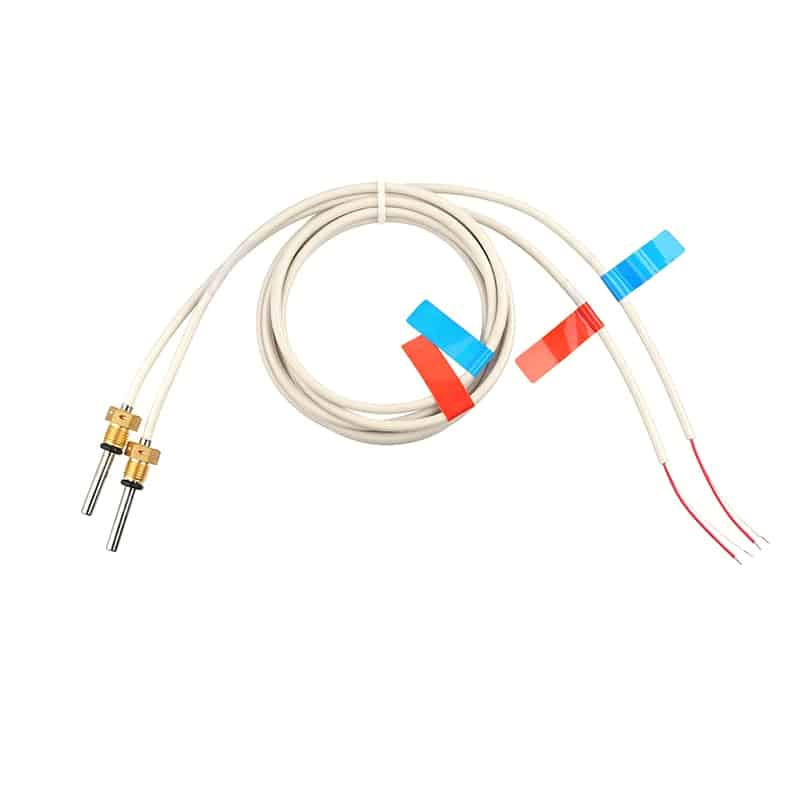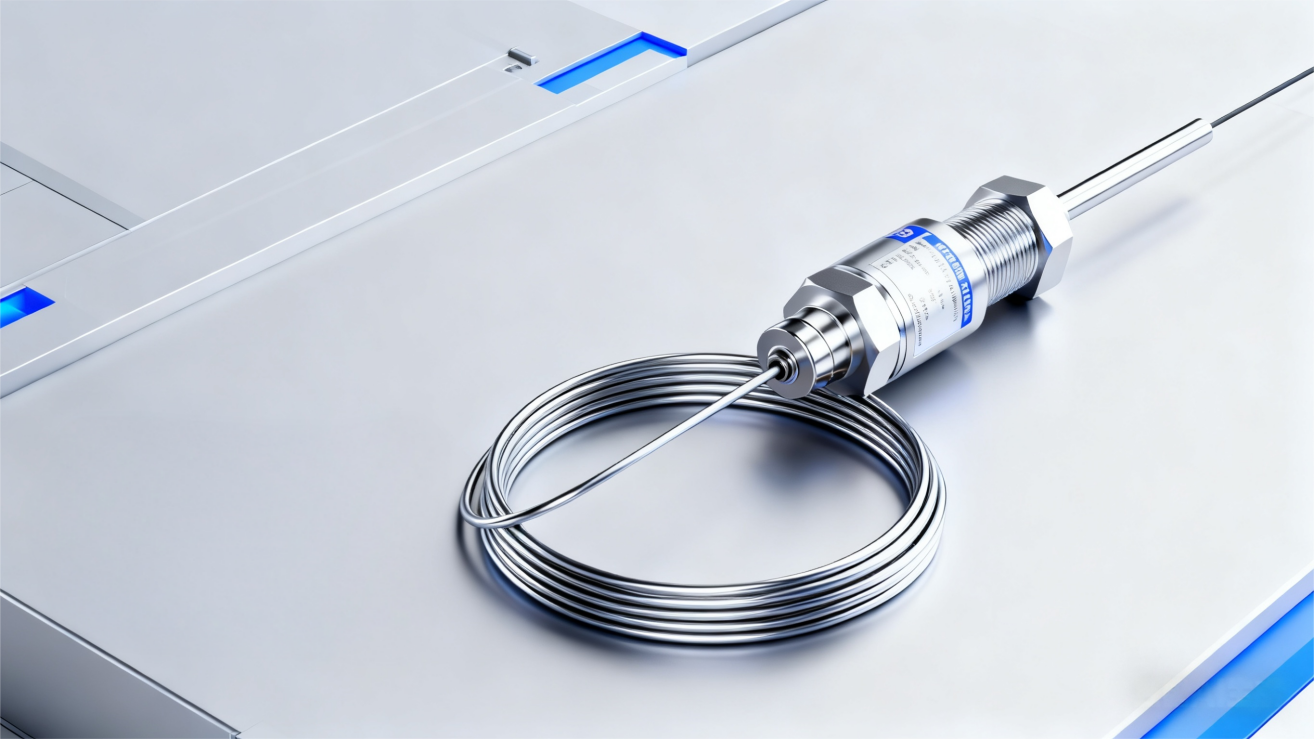Load Cell Weight Sensor: Enhancing Precision and Accuracy
Introduction
In the realm of industrial and laboratory applications, the utilization of load cell weight sensors has become indispensable for ensuring precise and accurate measurements. From optimizing manufacturing processes to enhancing safety in material handling, these sensors play a pivotal role in diverse settings.
The Functionality of Load Cell Weight Sensors
Load cell weight sensors operate based on the principle of converting force or weight into electrical signals. These signals are then utilized to quantify the amount of force applied, enabling the determination of weight with exceptional accuracy.
Types of Load Cell Weight Sensors
Load cell weight sensors come in various types, including hydraulic, pneumatic, strain gauge, and capacitive sensors. Each type possesses unique characteristics, making them suitable for specific applications. For instance, strain gauge load cells are commonly used in industrial settings due to their robustness and precision, while capacitive load cells excel in laboratory environments where sensitivity is paramount.
Applications in Various Industries
From pharmaceutical manufacturing to aerospace engineering, load cell weight sensors find applications in a multitude of industries. In pharmaceuticals, these sensors aid in precise dosage measurements, while in aerospace, they are crucial for monitoring the weight distribution of aircraft components.
Factors Influencing Performance
The performance of load cell weight sensors is influenced by factors such as temperature variations, overload capacity, and environmental conditions. Understanding these factors is essential for optimizing the functionality and longevity of the sensors.





